13 Minutes
VILNIUS, LITHUANIA – In the historic halls of the Vilnius University Faculty of Physics, a critical conversation took place today that could define the future of the Baltic and Central European life sciences sector. As part of the LITHUANIA - POLAND LIFE SCIENCE & BIOTECH ECOSYSTEMS SUMMIT, organized by LithuaniaBIO, industry leaders gathered to address a pressing question: How can cross-border collaboration accelerate biotech startups to global markets?
The event, titled “Building a Transnational Bio-Ecosystem: From Research to Biomanufacturing,” brought together a diverse panel of experts ranging from venture capitalists and government agency coordinators to deep-tech founders and scientific researchers.
our media was on the ground to provide a full, in-depth account of the first panel, moderated by Simona Šimulytė, CEO of LithuaniaBIO. The discussion stripped away the usual polite corporate jargon, revealing the raw challenges of European regulations, the "ambition gap" in local founders, and a radical proposal to merge the two nations' ecosystems into a single entity to compete with the US and Asia.
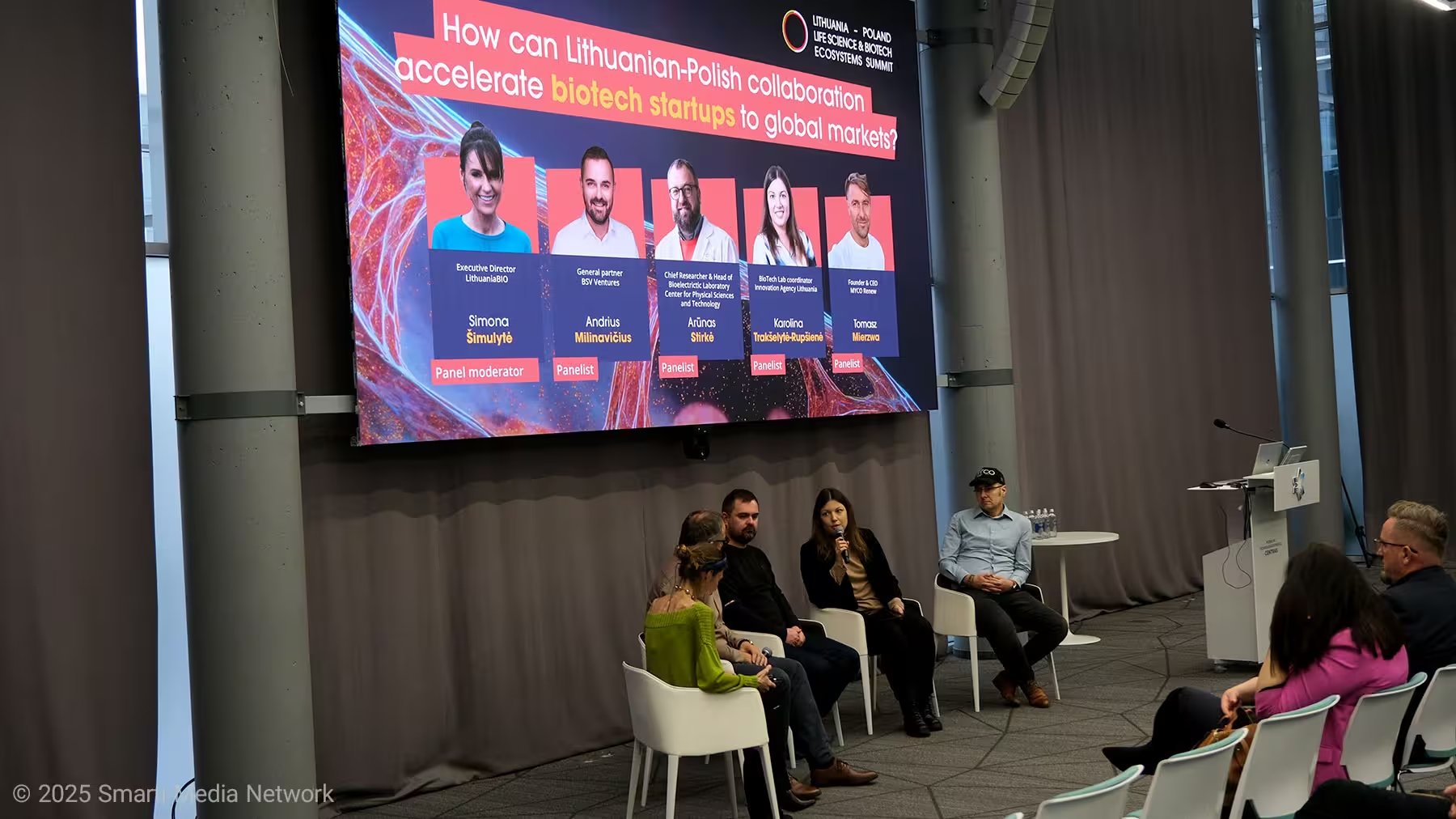
The Panelists
Simona Šimulytė (Moderator): CEO, LithuaniaBIO.
Andrius Milinavičius: General Partner at BSV Ventures (Baltic Sandbox Ventures).
Karolina Trakšelytė-Rupšienė: BioTech Lab Coordinator at the Innovation Agency Lithuania.
Tomasz Mierzwa: Founder & CEO at MYCO Renew (Poland).
Arūnas Stirkė: Chief Researcher & Head of Bioelectric Laboratory at the Center for Physical Sciences and Technology (FTMC).
Part I: The fundamental Conflict – "Fail Fast" vs. “Survive Long”
The discussion opened with a reality check regarding the nature of the industry. Moderator Simona Šimulytė set the stage by highlighting the stark contrast between the traditional startup ethos and the reality of life sciences.
"When we are talking about startups in general... we are used to seeing ‘fail fast, fail faster’... fix it in months," Šimulytė noted. "But when we are talking about our sector—biotechnology and life sciences—it is not such a fast track. We need a little bit more time, not just to test the business model."
This sets up the primary tension of the summit: How do you support companies that require years of R&D and millions in capital before a single euro of revenue is generated, especially in a region impatient for "Unicorn" success stories?
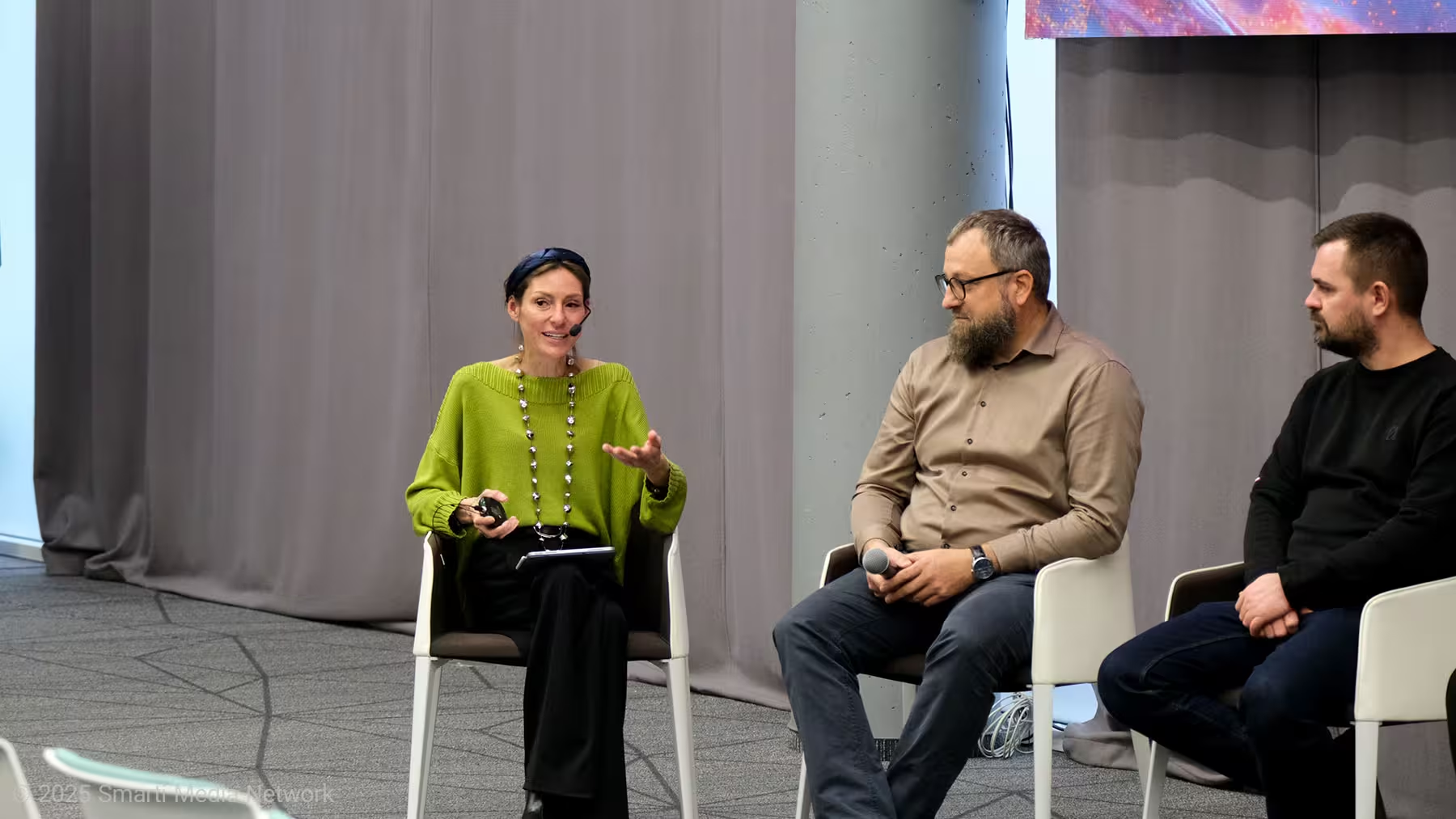
The "MBA" for Scientists
Andrius Milinavičius of BSV Ventures offered a candid look into the intersection of hard science and venture capital. He emphasized that VC funds in the deep-tech space cannot simply be passive investors; they must be active educators.
He described his fund’s incubation process not just as financial support, but as a "fast-track MBA" for scientists. "We understand that [scientists'] modus operandi is completely different from what is estimated as a startup," Milinavičius explained. "We are used to looking at people building apps... three guys with laptops running around. They are very good at explaining what they do... promising what will happen next."
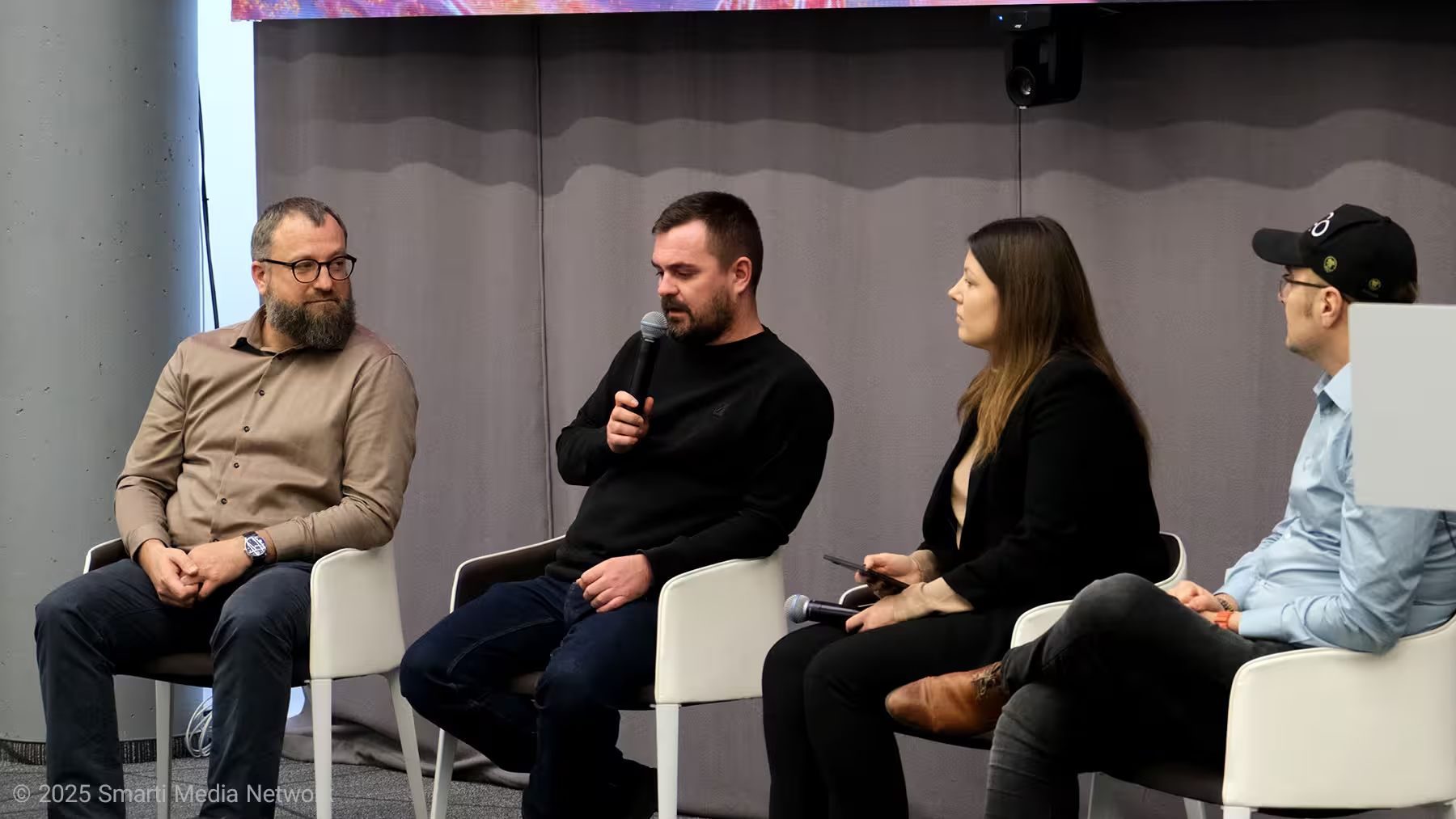
In contrast, biotech founders "know how to rule the lab," but often lack business acumen. Milinavičius argued that the goal isn't to force a scientist to become a salesperson, but to make them "curious" enough to find a business-oriented co-founder.
The Ambition Gap In a moment of brutal honesty, Milinavičius identified a cultural hurdle plaguing the region:
"Today we are looking at the project for this to become a billion-dollar company... [but] at least in our region, in most cases, I strongly believe that the teams lack ambition. It’s too little."
This "ambition gap" suggests that while the scientific output in Lithuania and Poland is world-class, the commercial vision often remains too local or too safe.
Part II: The Regulatory Nightmare – “Why Do We Punish Innovators?”
One of the most extensive segments of the panel was dedicated to the regulatory environment of the European Union, which was described variously as "old," "punishing," and a "hurdle."
Karolina Trakšelytė-Rupšienė, representing the Innovation Agency Lithuania, detailed the "Scale-up Trap." She noted that while Lithuania and Poland produce good startup numbers annually, companies consistently stall at the scale-up stage. A major culprit? The European Union’s rigid frameworks.
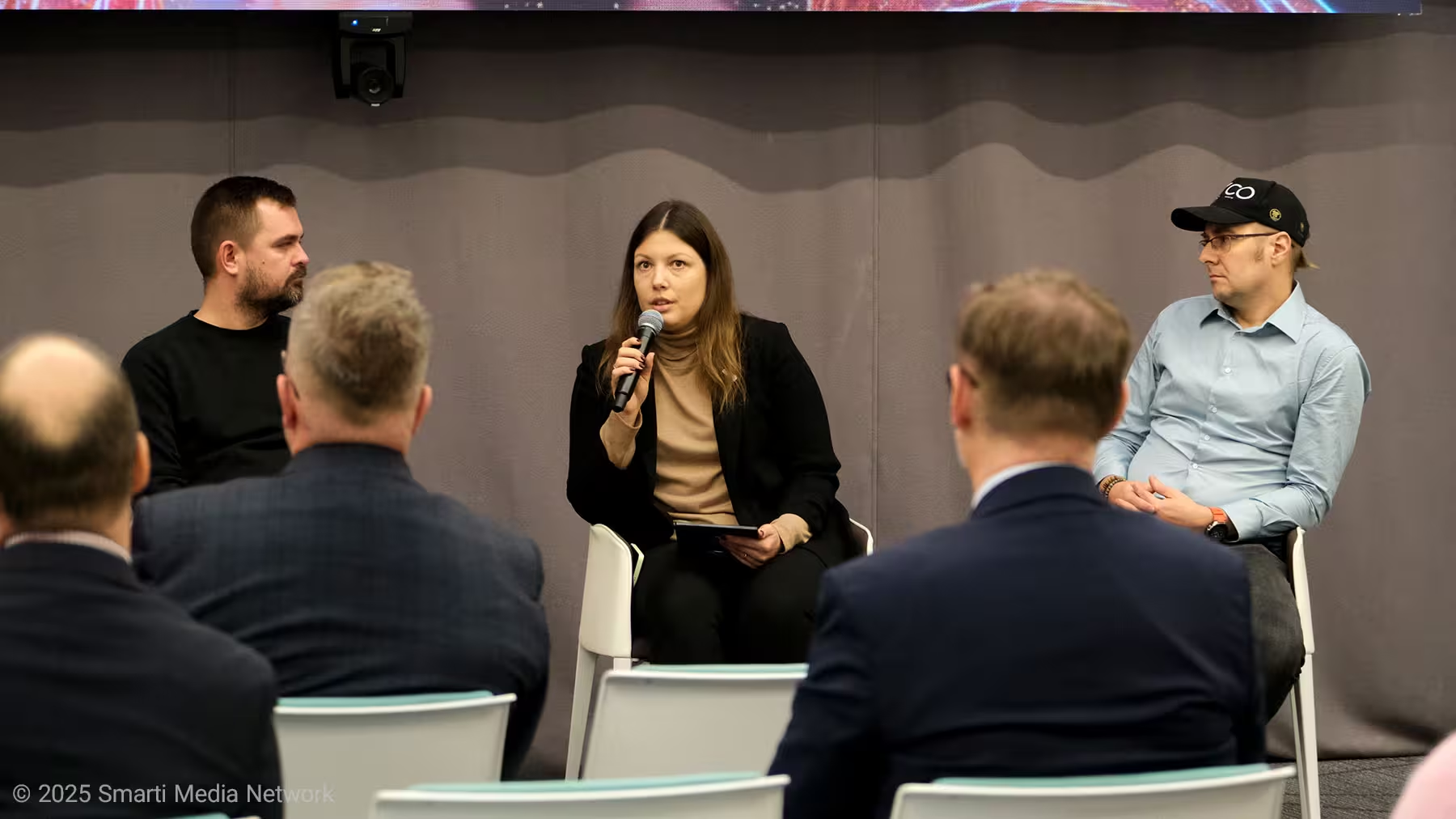
The High Cost of “Novel Foods”
Trakšelytė-Rupšienė provided a sobering case study regarding Novel Foods regulation—a sector crucial for sustainable biotech. "If you are developing a novel food product, you have to file a dossier for the European Food Safety Authority (EFSA)," she explained. "This process takes from nine months to three years, and for a company, it’s going to cost up to half a million euros."
For an early-stage startup, a €500,000 bill and a three-year wait time is often a death sentence.
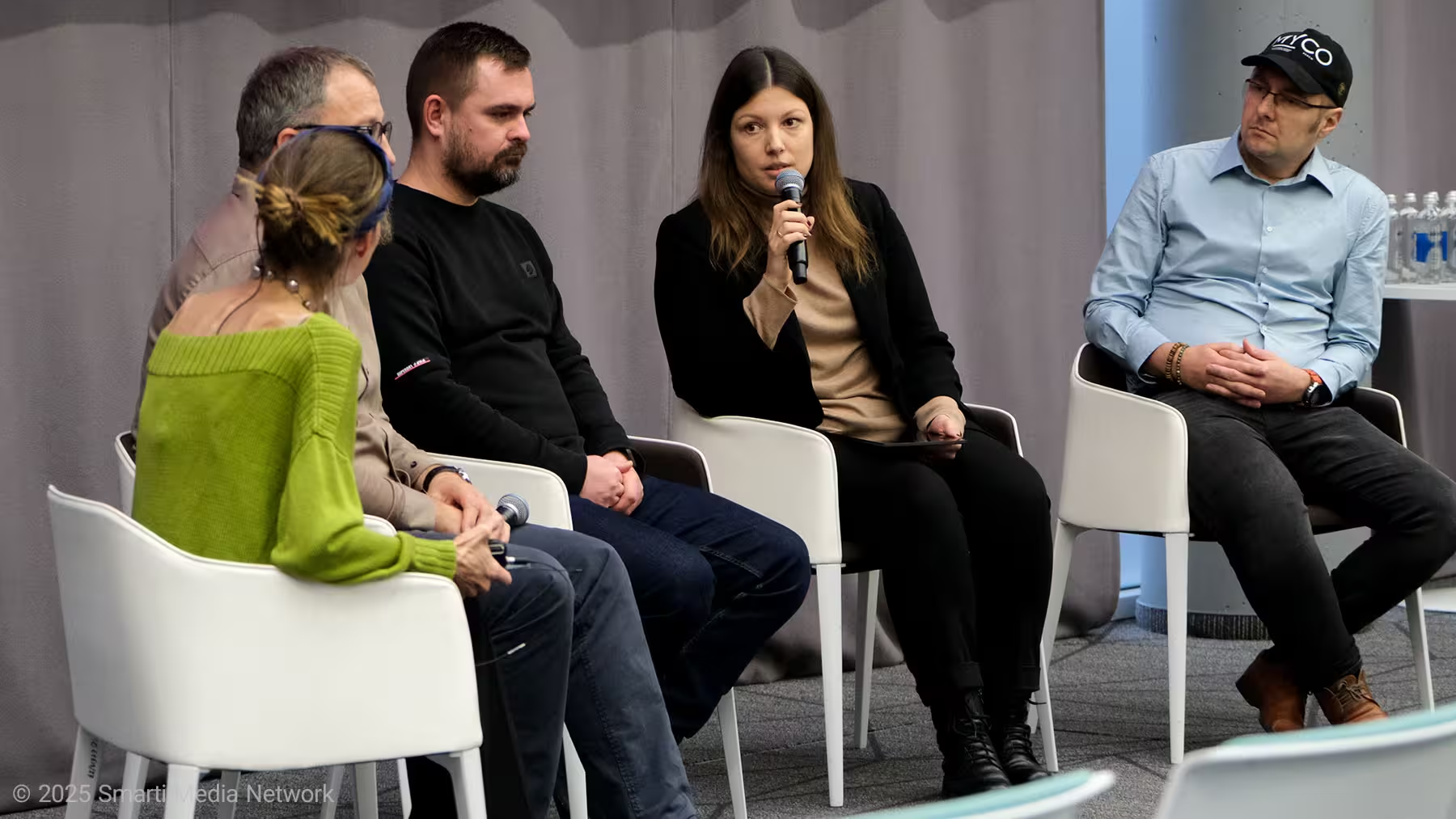
The Solution: Pan-European Sandboxes
Trakšelytė-Rupšienė advocated for the implementation of Regulatory Sandboxes. These are controlled environments where innovators can test products under the supervision of regulators without the immediate threat of full compliance penalties. "The innovations are new, but the regulations are old," she stated, emphasizing that the goal isn't to remove safety standards (which consumers trust) but to create a dialogue. "We often see [regulators] as stopping the innovators... it’s really important to put both sides into one room."
The VC Counter-Argument: "Stop Playing the Game" Milinavičius took a more aggressive stance, questioning why the ecosystem participates in a broken system at all.
"Why do we punish so much? Why do we force them to play this legislative game? Why do we want them to scale in Europe while there are 27 different sets of rules with 27 different languages?"
He pointed out a dangerous trend: Startups are now "pretending" to be in non-regulated industries or oversimplifying their tech just to survive early funding rounds, or "hacking" the system by registering as veterinary products instead of human health products.
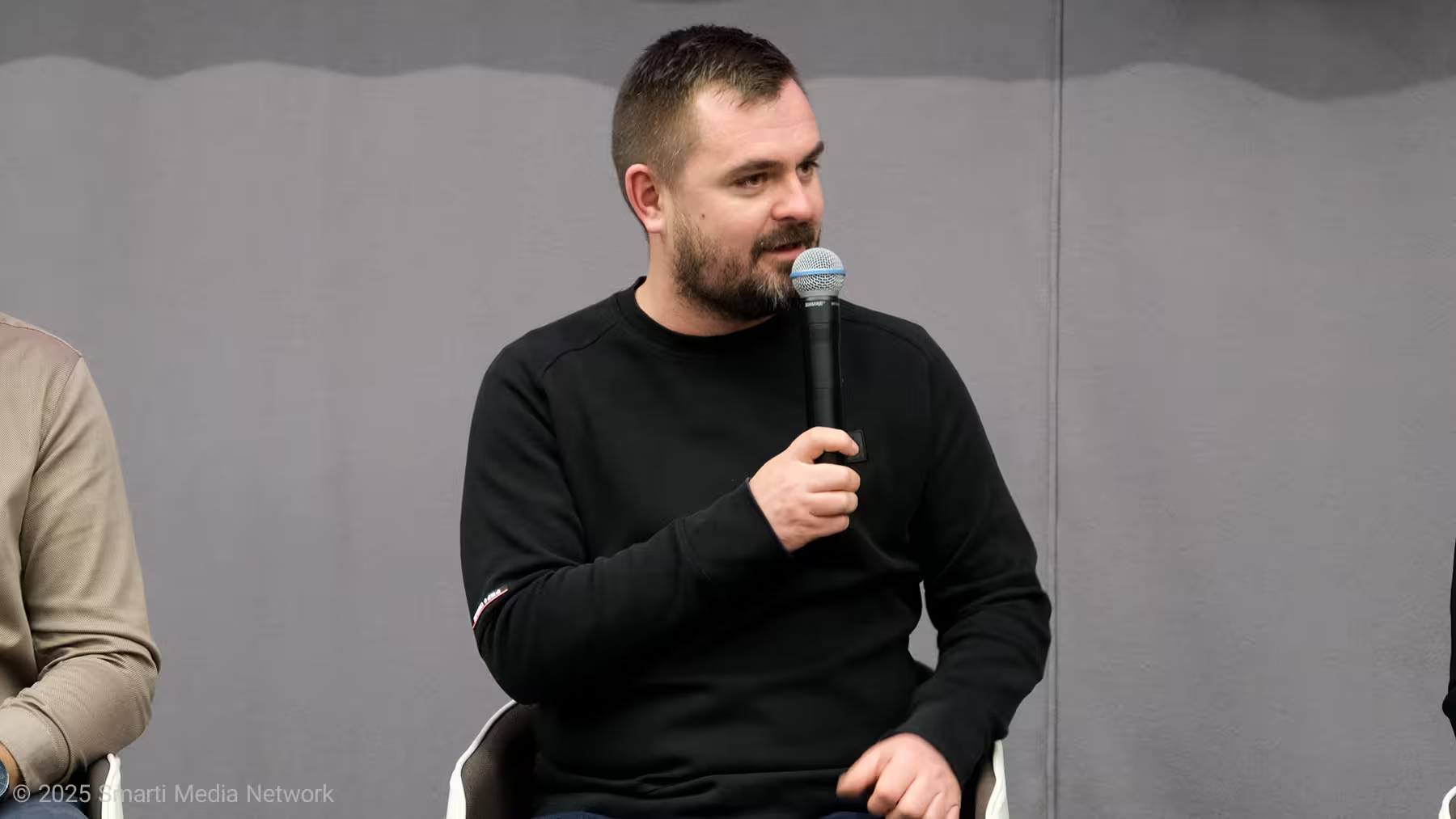
Part III: The Founder's Reality – A Tale of Two Continents
Perhaps the most compelling evidence of the European system's failure came from Tomasz Mierzwa, CEO of MYCO Renew. He shared a personal story of a previous failure that highlighted the disparity between EU and US investment cultures.
The Microlens Tragedy
Mierzwa recounted a previous venture where his team developed a technology to create microlenses 20 times smaller than the leading competitor from Switzerland (200 microns vs. 10 microns). "I was presenting this technology... and they told us we have a 10 to 15-year advantage," Mierzwa recalled.
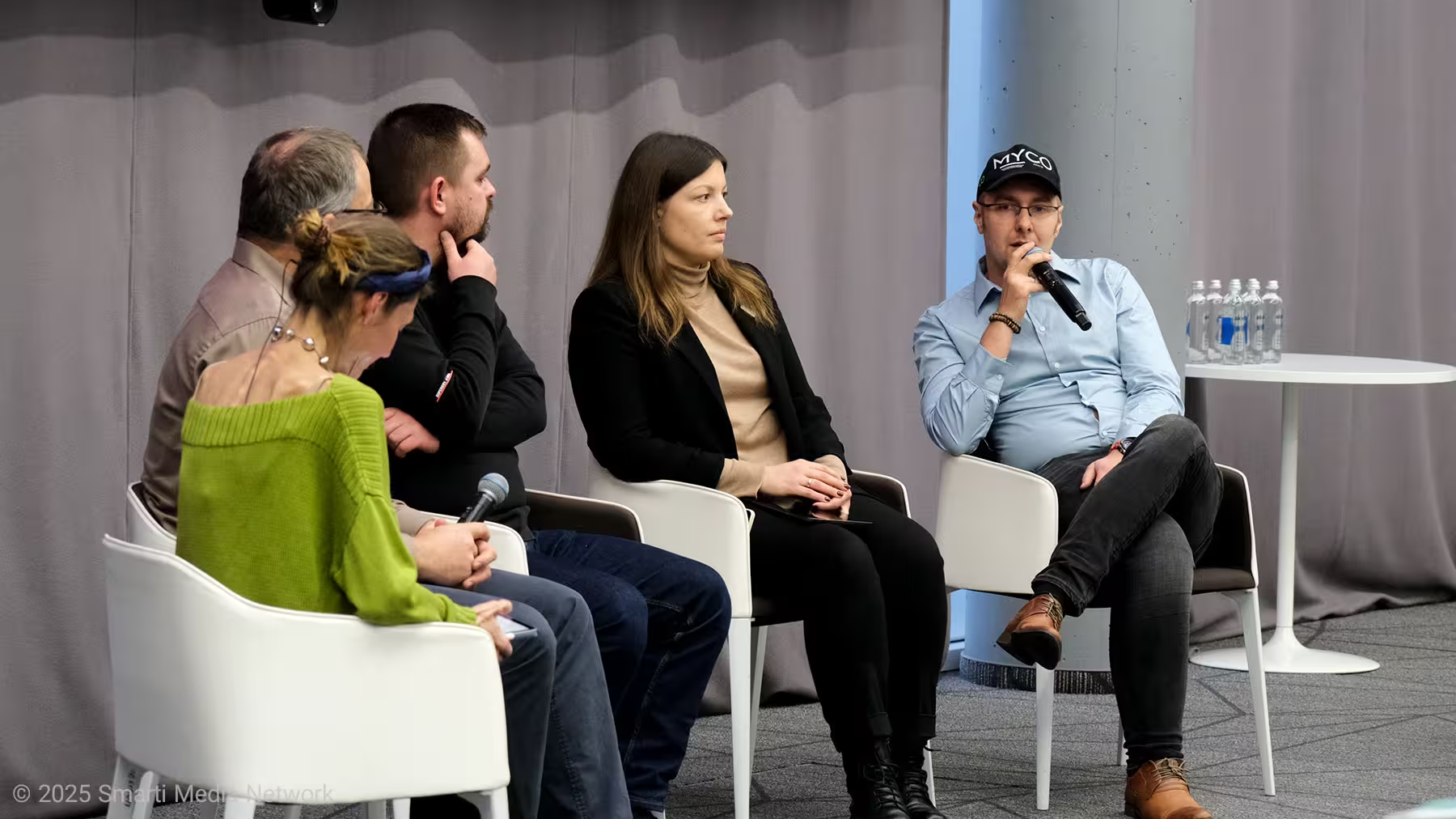
However, despite having superior technology, the company failed. Why? Because Polish and European investors demanded immediate revenue. "Our fund expected: 'Okay, show us that we will give you €1 million... and start selling this product.' It was impossible," Mierzwa said. "We had to close this company. If we were in the United States, we would probably be multi-millionaires by now."
He contrasted this with the US Deep Tech ecosystem, where investors understand that a 5-to-10-year R&D horizon is normal and do not expect immediate income.
The Need for "Bootcamps" over “Tourism”
Mierzwa also criticized how government support is often structured. He praised a program by the City of Warsaw that sent his team to the Web Summit, where they were the only biotech solution in a sea of AI companies, gaining massive traction.
He argued that the most effective support isn't complex grants, but simple funding for travel and accommodation to get startups in front of clients in the US, Germany, or Asia. "Startups cannot afford to go to a different country... simple things like travel costs, accommodation costs," he urged. He cited a German-Korean program that pays for startups to live in the target market for months as a model to follow.
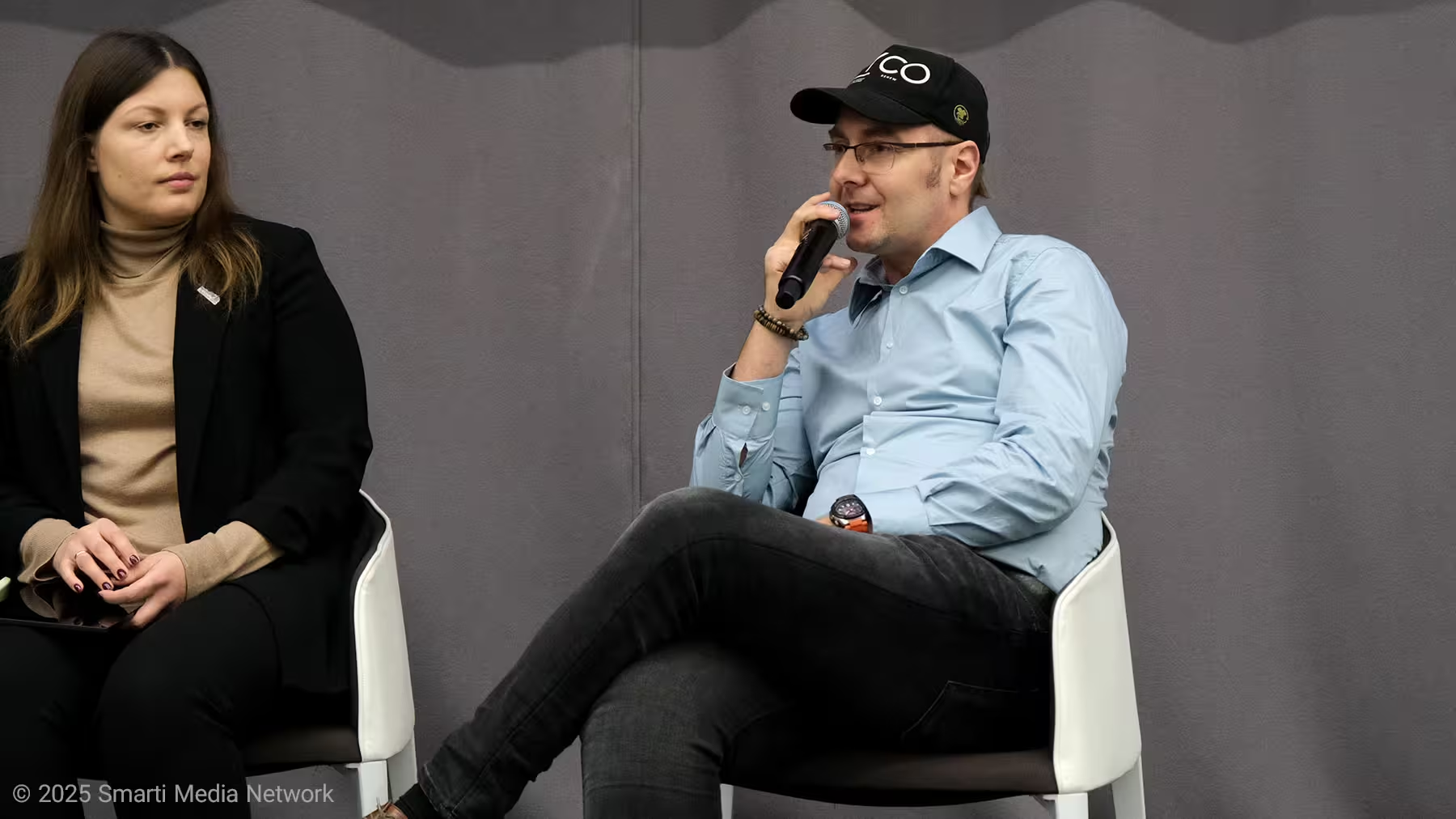
The "Tourism" Risk Milinavičius pushed back slightly on this, warning of the risk of funding "startup tourism." "I’m very much afraid it will become a travel agency for people that are bored... we have the internet, we can just talk to them online," the VC argued. However, Mierzwa defended the physical presence, stating that for Deep Tech, "visiting and opening the subsidiary company" and meeting specific client requirements cannot be done over Zoom.
Part IV: Science & Infrastructure – The "Hidden" Resources
Arūnas Stirkė, representing the scientific research community, highlighted a massive inefficiency in the current system: Duplication of Infrastructure.
"If I have a molecule in our lab which I can run in millimeter scale... what should I do for a bigger pharma?" Stirkė asked. He noted that often, the equipment needed for upscaling exists in a neighboring institute or country, but no one knows about it.
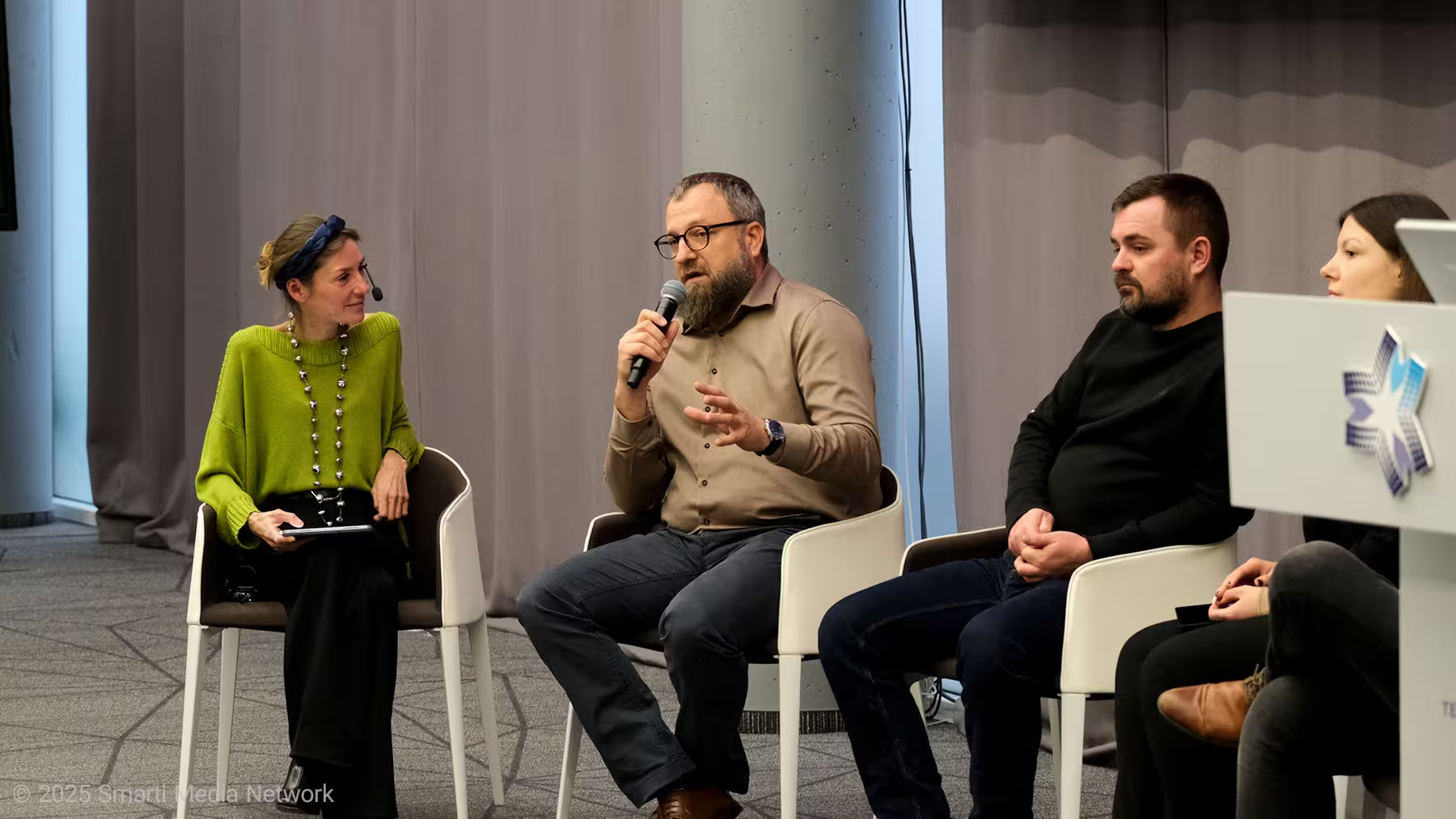
The “Map of Competencies”
Stirkė and the panel agreed on the urgent need for a unified Database of Competencies and Infrastructure. "It sounds a little bit ridiculous that we are talking about that in the era of information," Šimulytė noted, but the reality is that researchers in Vilnius often don't know what equipment is sitting idle in Warsaw. "We are competing just because we don't know," Stirkė added.
The Action Plan:
Open Access Infrastructure: Create a shared system where a Lithuanian startup can use a Polish bioreactor without buying a new one.
Challenge Database: A platform where researchers post problems they are trying to solve, allowing others who may have already solved them to connect.
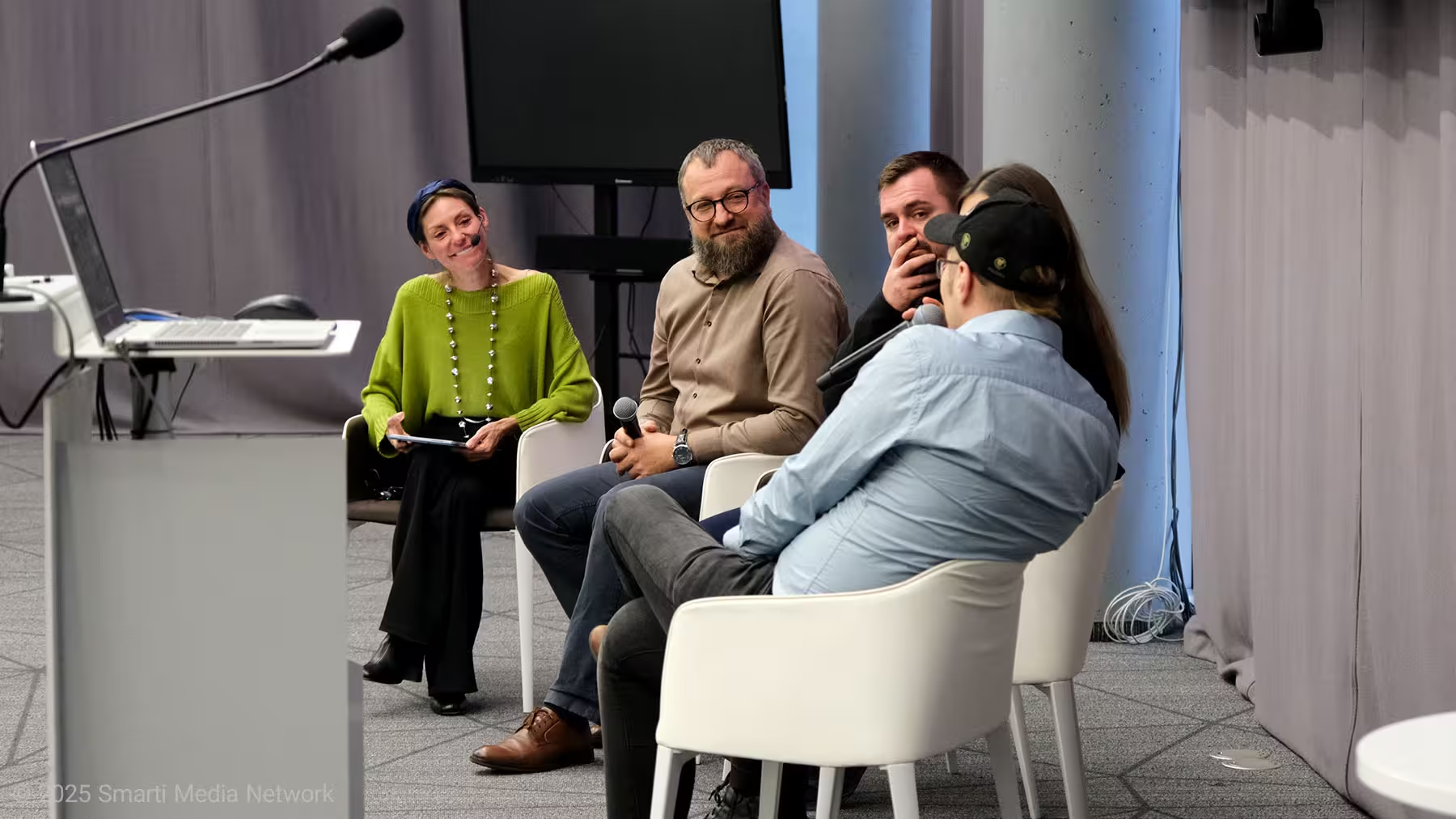
Part V: The Radical Proposal – Acting as “One Country”
As the panel moved toward solutions, the conversation turned toward the political and structural relationship between Lithuania and Poland.
Andrius Milinavičius proposed the most radical idea of the day: Resurrecting the Commonwealth (digitally).
"It’s simple. We can check the history books. We should form a unified country again... We accept that if [a product] is safe in Poland, it is safe in Lithuania."
This concept of Mutual Recognition is key. Currently, getting certified in Poland does not automatically grant access to the Lithuanian market (and vice versa) without additional bureaucratic hurdles. The panel argued for a specialized "Fast Track" between the two nations.
The "Nordic Model" Example Milinavičius pointed to a project involving Norway, Sweden, Finland, and Denmark. "If you get a license in one country, it is instantly accepted everywhere," he noted. The panel urged Lithuania and Poland to adopt this model immediately rather than waiting for Brussels to harmonize the entire EU.
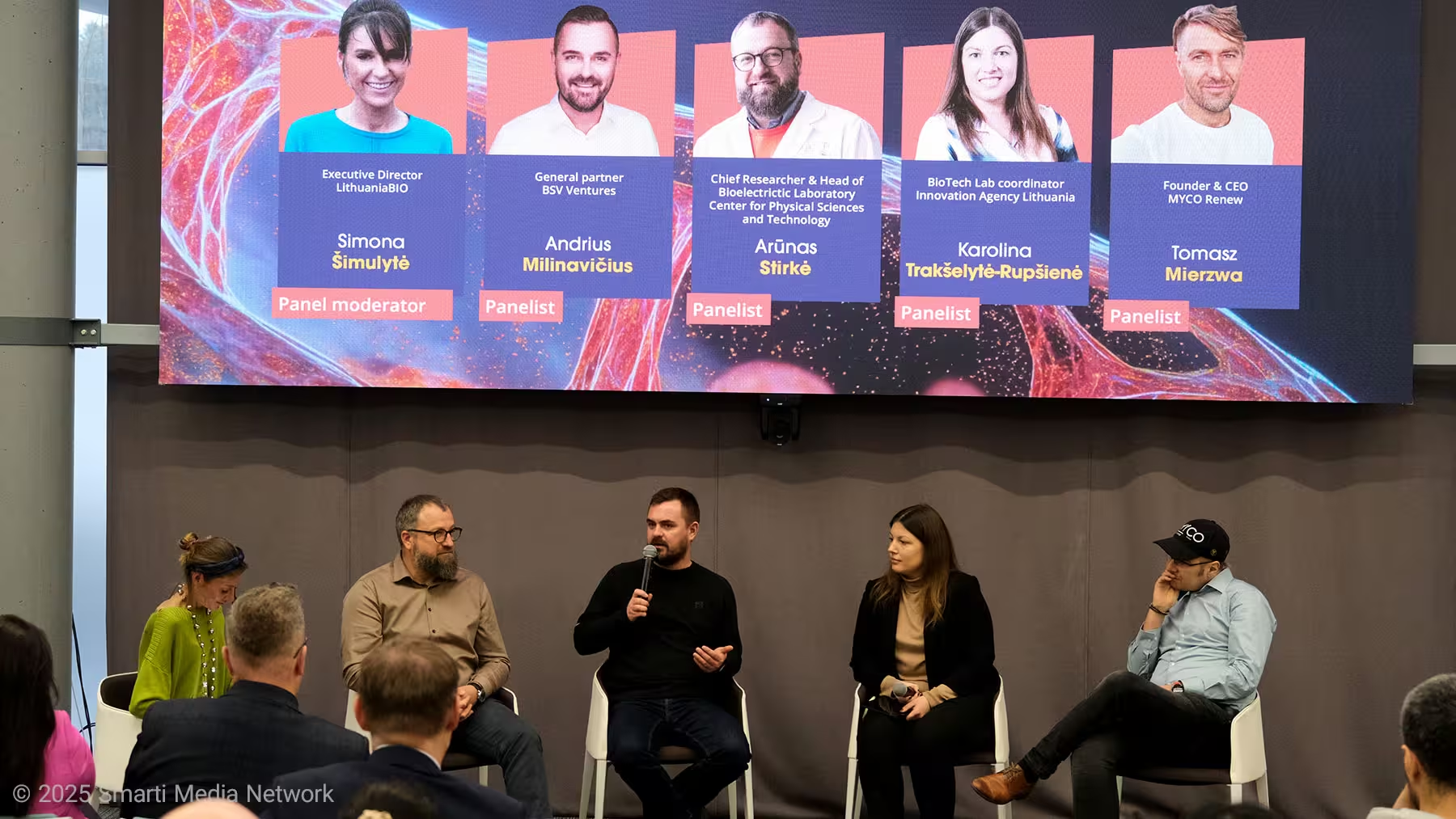
Global Competition The recurring theme was that Lithuania and Poland are too small to compete with each other. "We shouldn't compete. We could cooperate," Mierzwa said. "Why are we struggling fighting with the United States? Because we have our solution for each country." Milinavičius added: “We are playing with the big boys... big boys have very big pockets. That's why if we combine the capital, we can compete.”
Part VI: Key Takeaways and Future Roadmap
The panel concluded with specific calls to action for the different stakeholders in the ecosystem.
For Startups:
Choose the Right Investor: Do not pitch Deep Tech solutions to generalist VCs. They will not understand the timeline. Seek out specialist Deep Tech funds.
Do Your Homework: Before asking for travel grants, research the market. Know exactly who you want to meet.
Be Ambitious: Stop building for the local market. Build for the global billion-dollar opportunity.
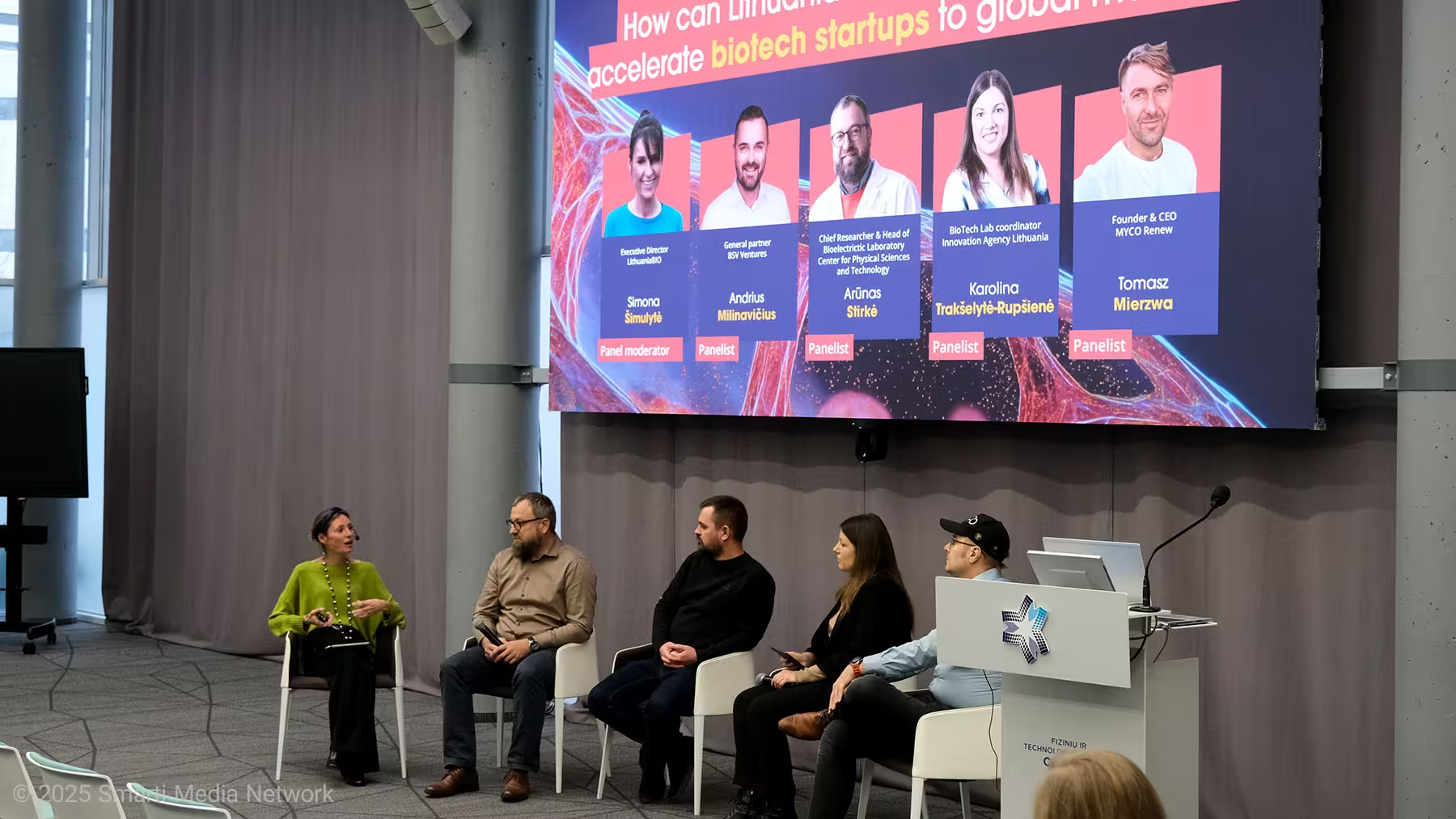
For Government & Regulators:
Create the "Fast Track": Implement a treaty where certification in Lithuania equals certification in Poland.
Fund "Boots on the Ground": Support travel and accommodation for startups to physically enter target markets (US, Asia), rather than just funding internal R&D.
Establish Sandboxes: De-risk the regulatory process for Novel Foods and medical devices.
For the Ecosystem:
Unified Database: Map out all R&D infrastructure to stop wasteful spending on duplicate equipment.
Erasmus for Entrepreneurs: Utilize existing EU programs to exchange talent between Warsaw and Vilnius for 6-month stints.
Conclusion: Time to Act
The sentiment at the Physics Faculty in Vilnius was clear: The time for talking is over. With the rapid advancement of AI and the massive capital deployment in the US and Asia, Europe—and specifically the Central/Eastern European region—cannot afford to waste time on bureaucracy.
As moderator Simona Šimulytė concluded, accepting the challenge to "become one ecosystem" is the only viable path forward. “We have so many things to do... we just need to initiate, to become one ecosystem... joining and combining our resources.”
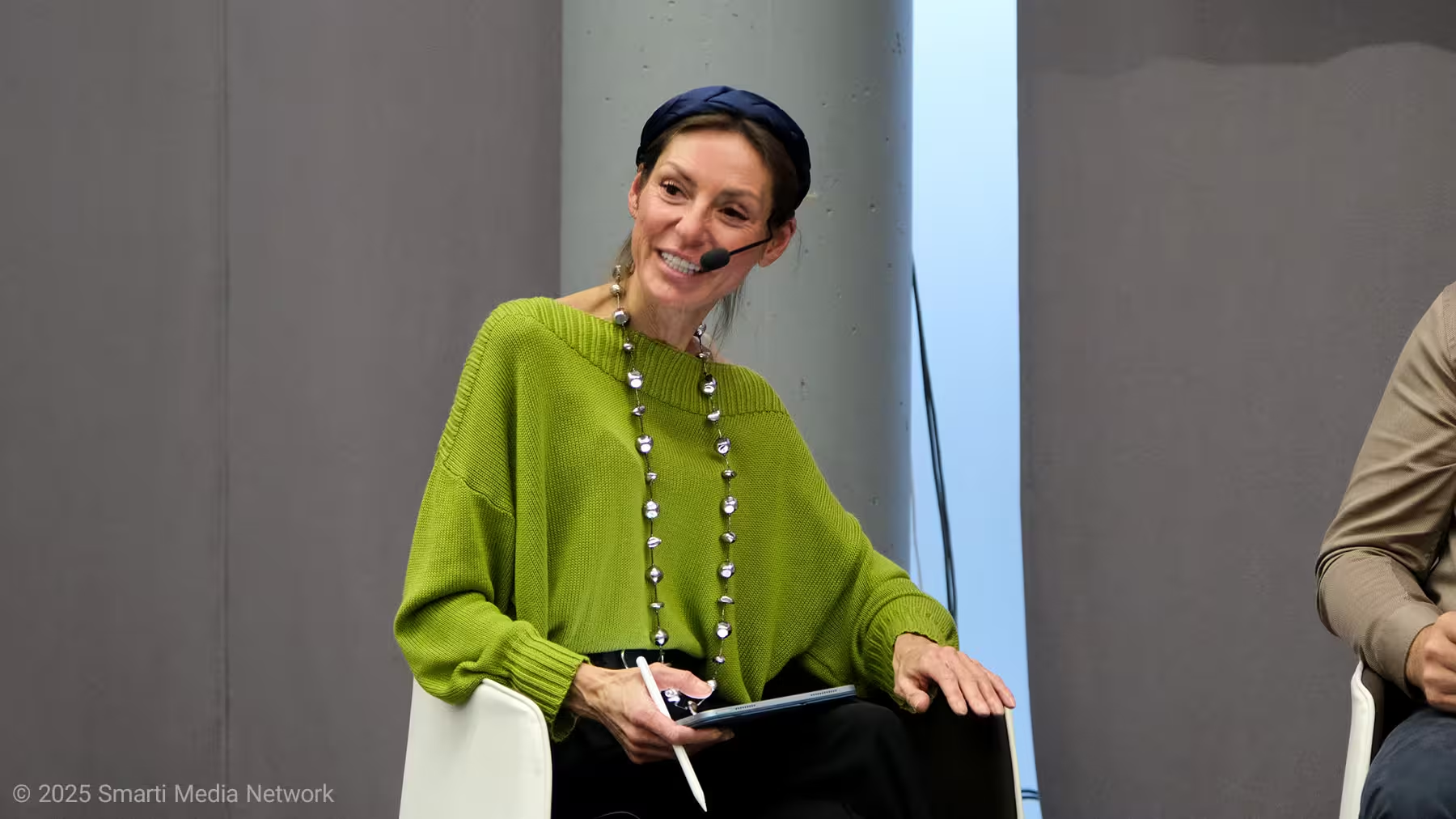
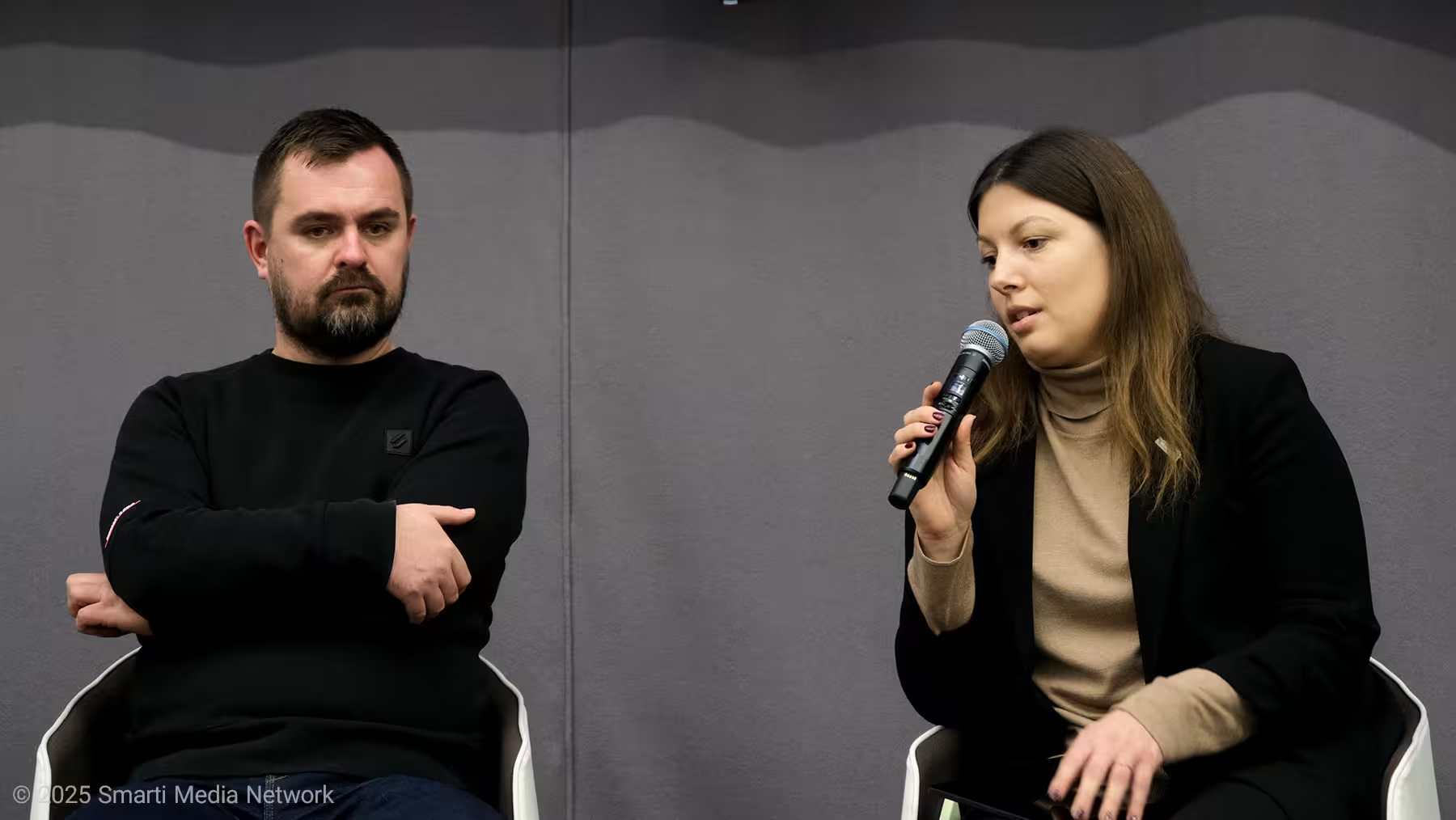 | 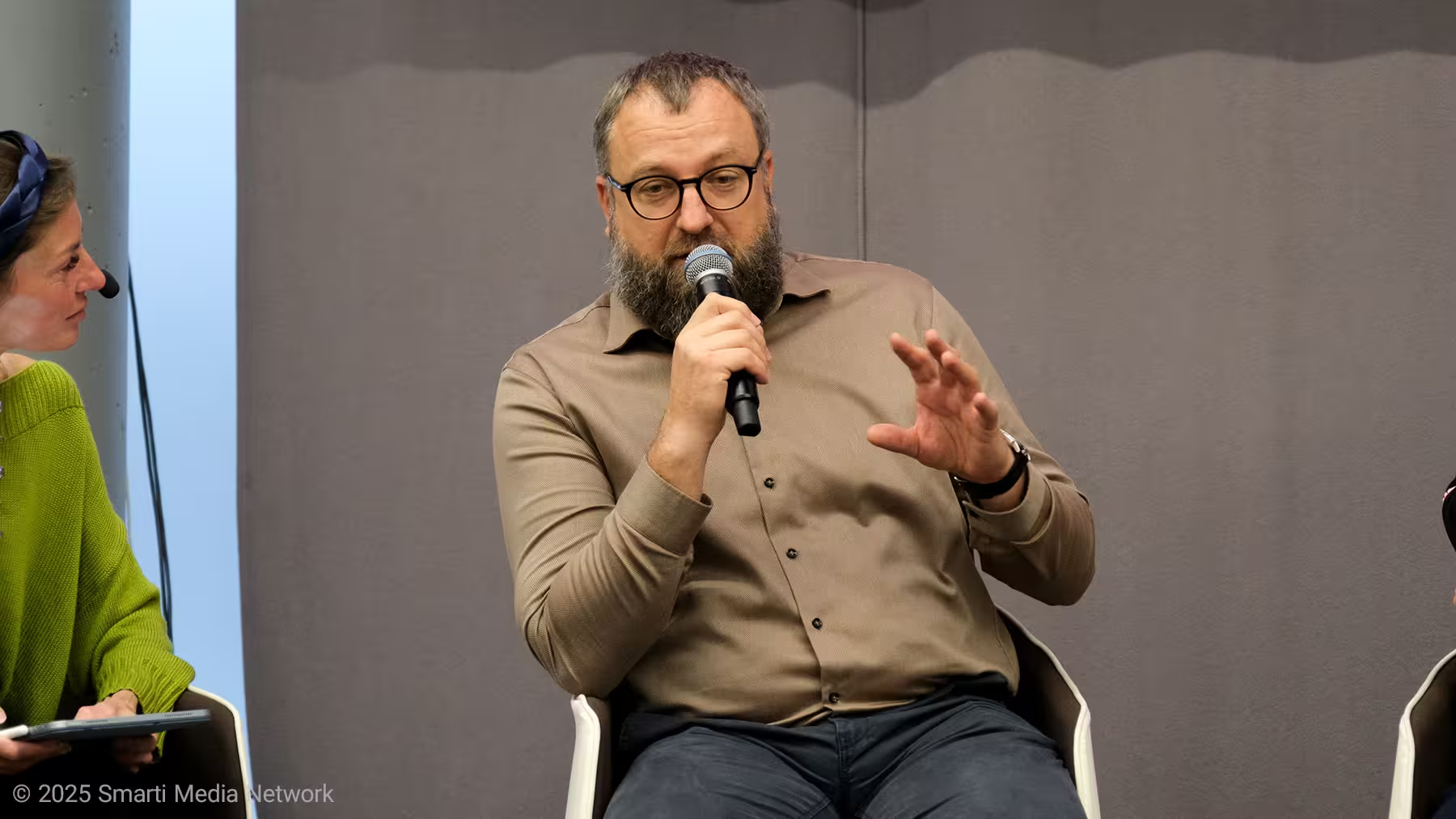 | 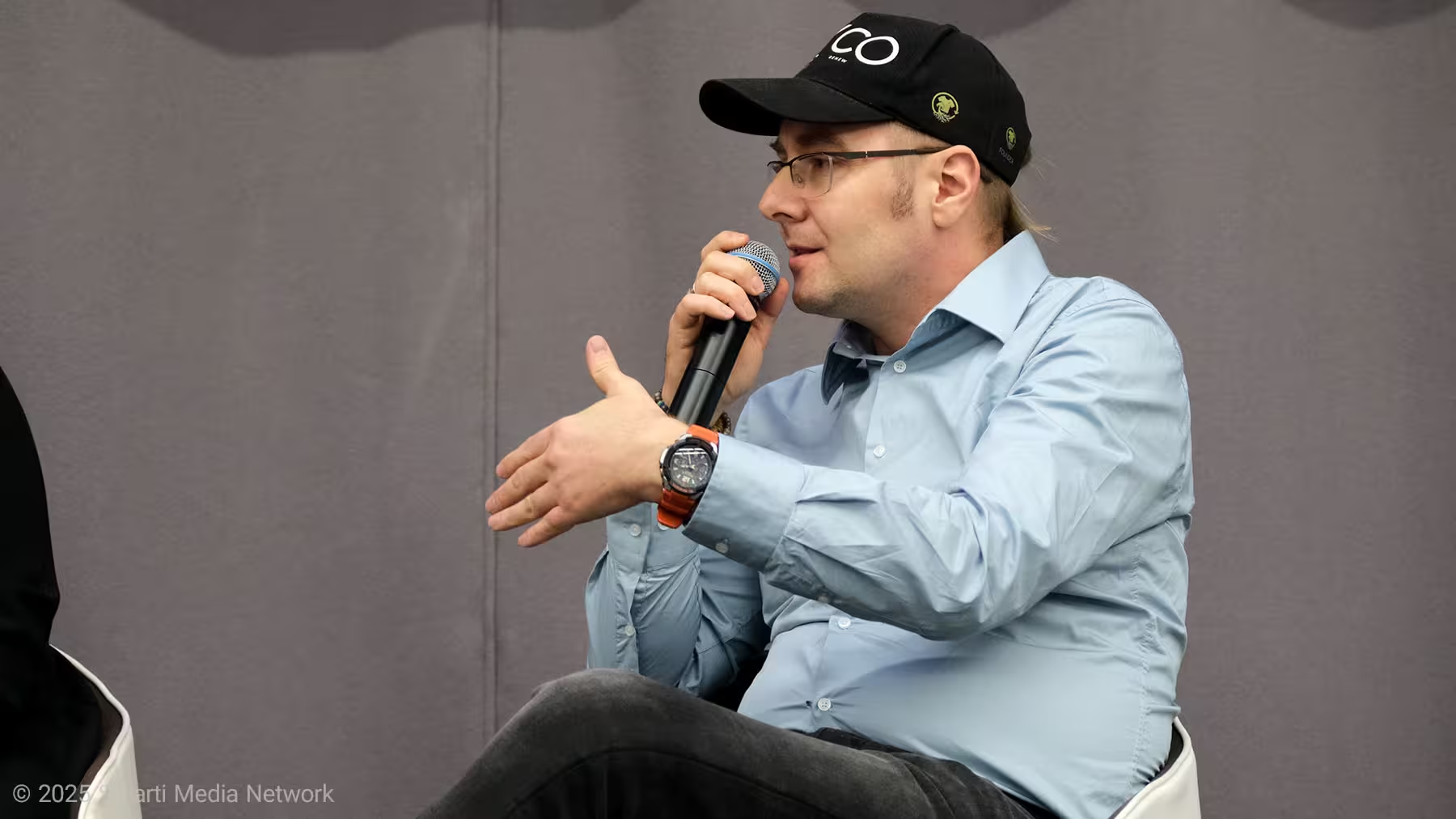 | 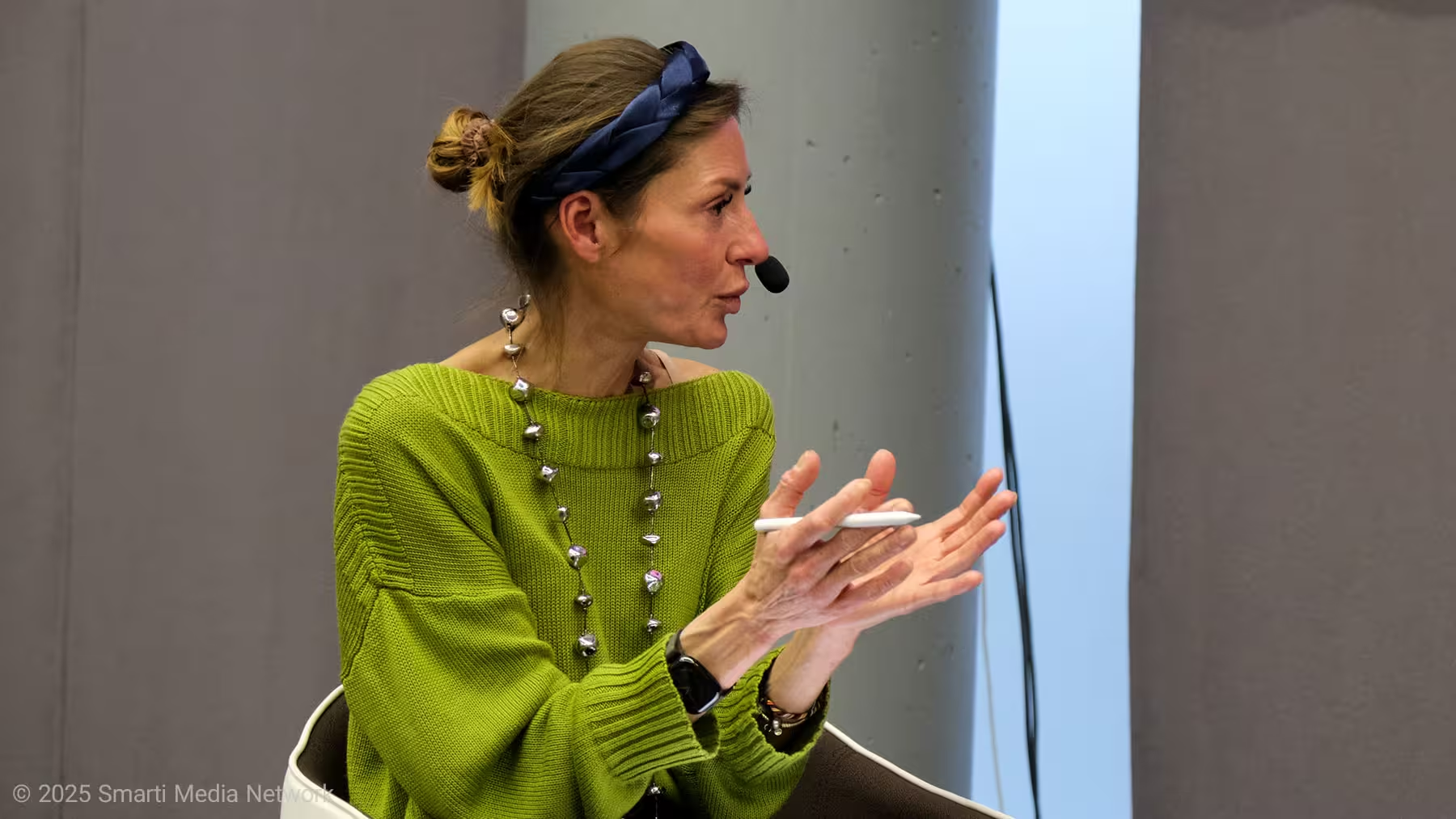 |
Comments
DaNix
Bold idea to act as one country, but politics aside, merging certifications is doable fast. Still, sounds a bit naive without concrete steps.
Tomas
I worked with a startup that had to ship to US just to survive, EU red tape killed scaling. Travel grants are gold not luxury. been there, painful.
atomwave
Wow that panel got real fast! Finally someone calling out the ambition gap and the Novel Foods nightmare. Need sandboxes, like yesterday.
labcore
Is a Poland-Lithuania 'one ecosystem' even doable? EU rules, funding culture, language... sounds ideal but where's the political will? curious.

.webp)
Leave a Comment